A research team from Los Alamos National Laboratory and Purdue University have developed bio-inks for biosensors that could help localize critical regions in tissues and organs during surgical operations.
.
“The ink used in the biosensors is biocompatible and provides a user-friendly design with excellent workable time frames of more than one day,” said Kwan-Soo Lee, of Los Alamos’ Chemical Diagnostics and Engineering group. The new biosensors allow for simultaneous recording and imaging of tissues and organs during surgical procedures. “Simultaneous recording and imaging could be useful during heart surgery in localizing critical regions and guiding surgical interventions such as a procedure for restoring normal heart rhythms,” said Chi Hwan Lee, the Leslie A. Geddes Assistant Professor of Biomedical Engineering and Assistant Professor of Mechanical Engineering and, by courtesy, of Materials Engineering at Purdue University. Los Alamos was responsible for formulating and synthesizing the bio-inks, with the goal of creating create […]
Click here to view original web page at www.todaysmedicaldevelopments.com

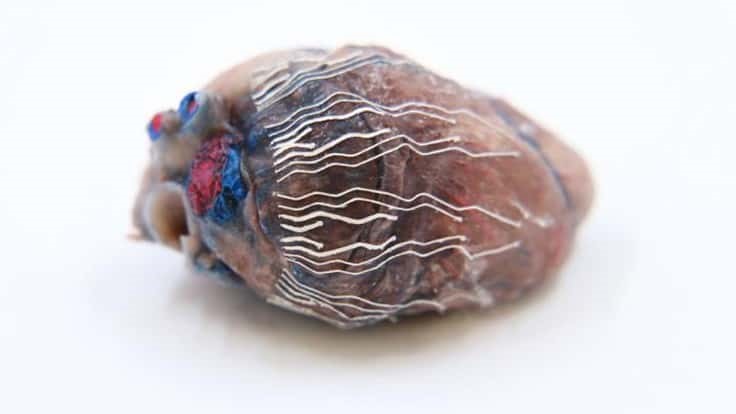

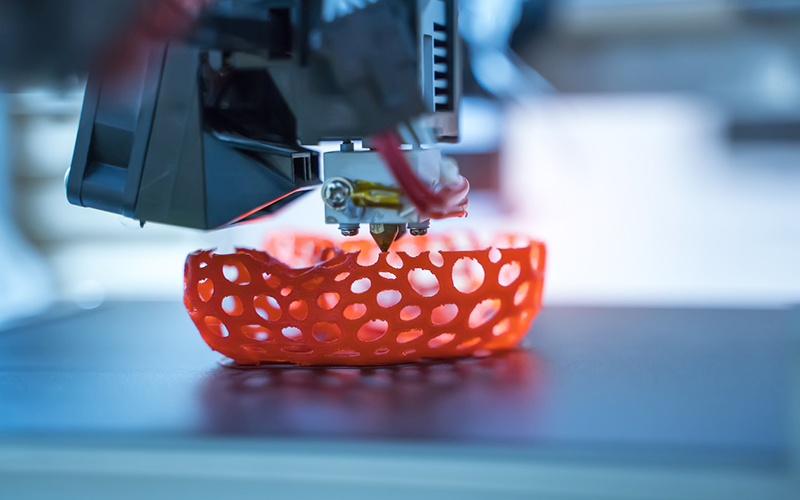

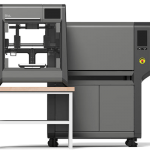
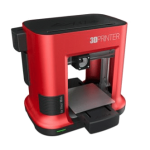

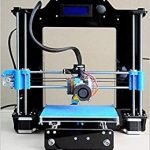
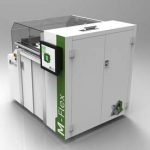
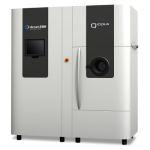



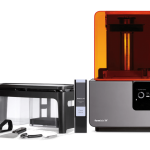


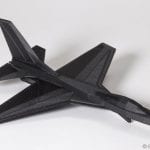
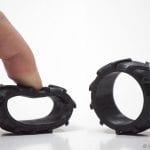
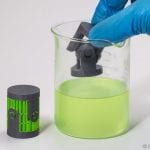
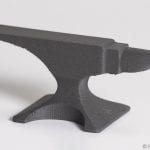
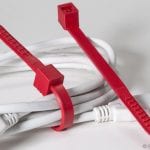
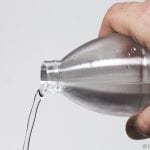

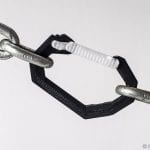
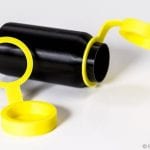
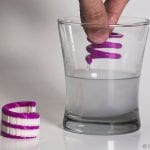
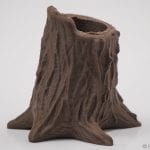


0 Comments